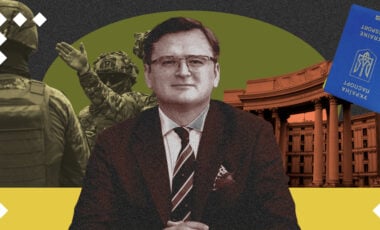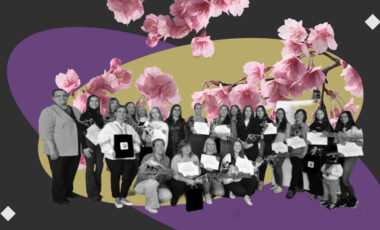Putin promises Chinese leader to "fight for five years" in Ukraine – mass media

Photo: screenshot
During the March visit of Chinese leader Xi Jinping to Moscow, Russian President Vladimir Putin stated that Russia would be at war in Ukraine for at least five years.
Nikkei Asia, citing its own sources, suggests that Putin wanted to summarize the situation, unfavorable for Russia at the time, and reassure Xi that Moscow would ultimately emerge victorious, Rubryka reports.
"The likely implication was that a protracted war would favor China's well-armed partner," the publication said. "Whether Xi was convinced, Putin's remark at the summit holds the key to understanding a series of mysterious developments in Russia-China relations, from a Chinese peace mission to Europe in May to China sacking its foreign minister months later."
It also doubts whether Xi believed Putin, as they maintained an appearance of unity during the Chinese-Russian summit on February 4, 2022, the day of the Winter Olympics opening in Beijing. At that time, Putin showed no signs of planning a full-scale invasion of Ukraine, and Russia's sudden attack twenty days later caused panic in Beijing.
Especially given that on February 4, Xi and Putin declared an unlimited partnership between their countries. People worldwide naturally assumed that China silently agreed to Russia's full-scale invasion.
However, as the article notes, this was not the case. In reality, China incorrectly assessed Moscow's true intentions, possibly assuming that Russian forces would only invade the eastern part of Ukraine, given their concentration near the border.
"At any rate, Xi's administration was not expecting a full-scale invasion, especially one that would take place only four days after the closing of the Beijing Winter Olympics and a week before the opening of the Paralympics Winter Games, supposedly a festival of peace," Nikkei Asia reported. "Thus, China simply could not afford to completely trust Putin's 'will fight for five years' remark that came a year later."
Considering the complex situation, China was concerned about protecting its own interests, regardless of the outcome of Russia's aggression. So, China directed a "peace mission" to Kyiv, European capitals, and Moscow, led by government special envoy Li Hui.
Although this mission proved to be less effective, it caused dissatisfaction, perhaps even irritation, from Putin as it contradicted the Russian leader's desires and showed that China rejected his words about "five years."
What's worse, less than a month later, in June, the Russian private military company "Wagner," led by Yevgeny Prigozhin, a key figure in the war, attempted a rebellion. Putin critically needed to keep China in Russia's camp, so Moscow resorted to deception.
At the end of June, Moscow sent Deputy Foreign Minister Andrey Rudenko to Beijing. He shared "compromising information" about the then-Chinese Foreign Minister Wang Yi. After this, Wang suddenly disappeared, and there has been no information about him since then.
"Deception is an oft-used tactic in international politics. And the fact that China and Russia are both ultra-secretive makes understanding each other's affairs even more difficult. Common sense does not apply," Nikkei Asia said.
As reported, participants in the EU-US summit in Washington urged China to use its influence on the Russian Federation to stop its aggression against Ukraine and engage in direct contact with the Ukrainian government to support long-term and sustainable post-war peace.
China and the Russian Federation have signed a contract for the supply of grain, legumes, and oilseeds. Over 12 years, Moscow is set to ship 70 million tons of goods to Beijing.

























































